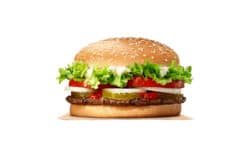
Burger King claims the company should not be held liable for customers’ confusion over the nature of the Impossible Whopper or assumptions that the product was vegan.
According to the company, the consumers do not state a claim for which relief can be granted, they do not comply with legal requirements and there are not enough people to merit a class action lawsuit.
In arguing that the vegan advertisement class action lawsuit should be dismissed, Burger King notes the customers had previously argued the Impossible Whopper was falsely marketed as vegan. According to the defendant, that claim was dropped because it was “untenable.”
Now, Burger King argues the customers’ remaining claims boil down to a statement that they “assumed” the Impossible Whopper would be cooked separately from meat products.
According to Burger King however, the product’s advertisements never stated this and advertised merely that the product itself is meat-free and 100 percent plant-based.
According to Burger King, the plaintiffs’ claims that the company committed fraud, breach of contract, and was unjustly enriched by their sales have no validity, because they are all based on assumptions made by customers.
Burger King goes on to argue that customers cannot meet the burden of proof necessary to pursue a class action lawsuit, failing to show that it was “objectively reasonable” for them to interpret that Burger King’s advertisement meant the Impossible Whopper was cooked separately from meat.
Burger King claims that instead, a reasonable consumer who is concerned about cooking methods would have asked about how the burger was prepared, but the customers who filed the Impossible Whopper class action lawsuit did not.
According to the fast food chain, if the customers “had performed even the smallest amount of investigation, or asked a Burger King cashier, they would have leased the information they claim was uniquely material to them and thereby avoided their purported ‘damages.’”
Burger King then claims the customers should not be able to sue for fraud, because they were unreasonably ignorant in failing to inquire about the cooking method of their food, produced in a restaurant famous for meat patties.
Similarly, Burger King’s representatives argue that the plaintiffs cannot claim unjust enrichment because they have not sufficiently established that it is “unjust” that Burger King kept the money the customers paid for the burgers.
Have you ordered the Impossible Whopper? Did you have any assumptions about its preparation? Let us know in the comments section below.
Customers are represented by David P. Healy of Dudley Sellers Healy PLLC and Eugene Y. Turin of McGuire Law PC.
The Burger King Impossible Whopper Class Action Lawsuit is Phillip Williams v. Burger King Corp., Case No. 1:19-cv-24755, in the U.S. District Court for the Southern District of Florida.
UPDATE: On July 20, 2020, a federal judge has thrown out a class action lawsuit that alleged Burger King deceived its customers about how its Impossible Whoppers are cooked.
ATTORNEY ADVERTISING
Top Class Actions is a Proud Member of the American Bar Association
LEGAL INFORMATION IS NOT LEGAL ADVICE
Top Class Actions Legal Statement
©2008 – 2026 Top Class Actions® LLC
Various Trademarks held by their respective owners
This website is not intended for viewing or usage by European Union citizens.





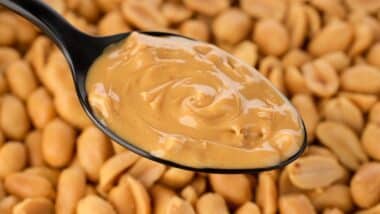


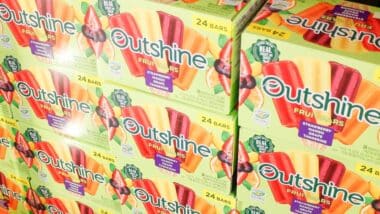

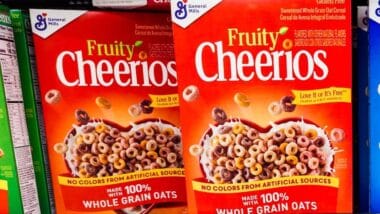


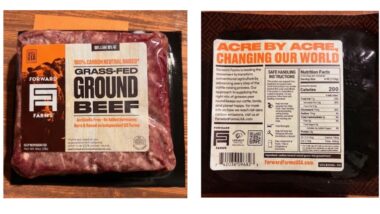
151 thoughts onBurger King Asks for Impossible Whopper Class Action Dismissal
Please add me